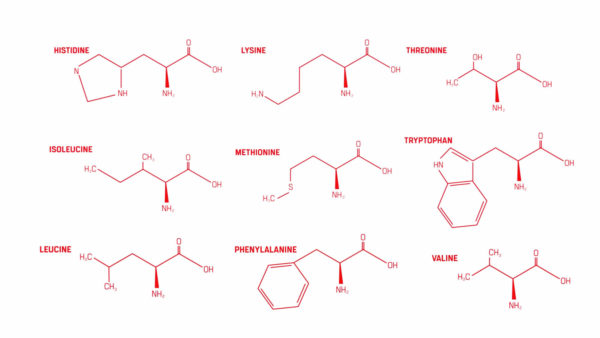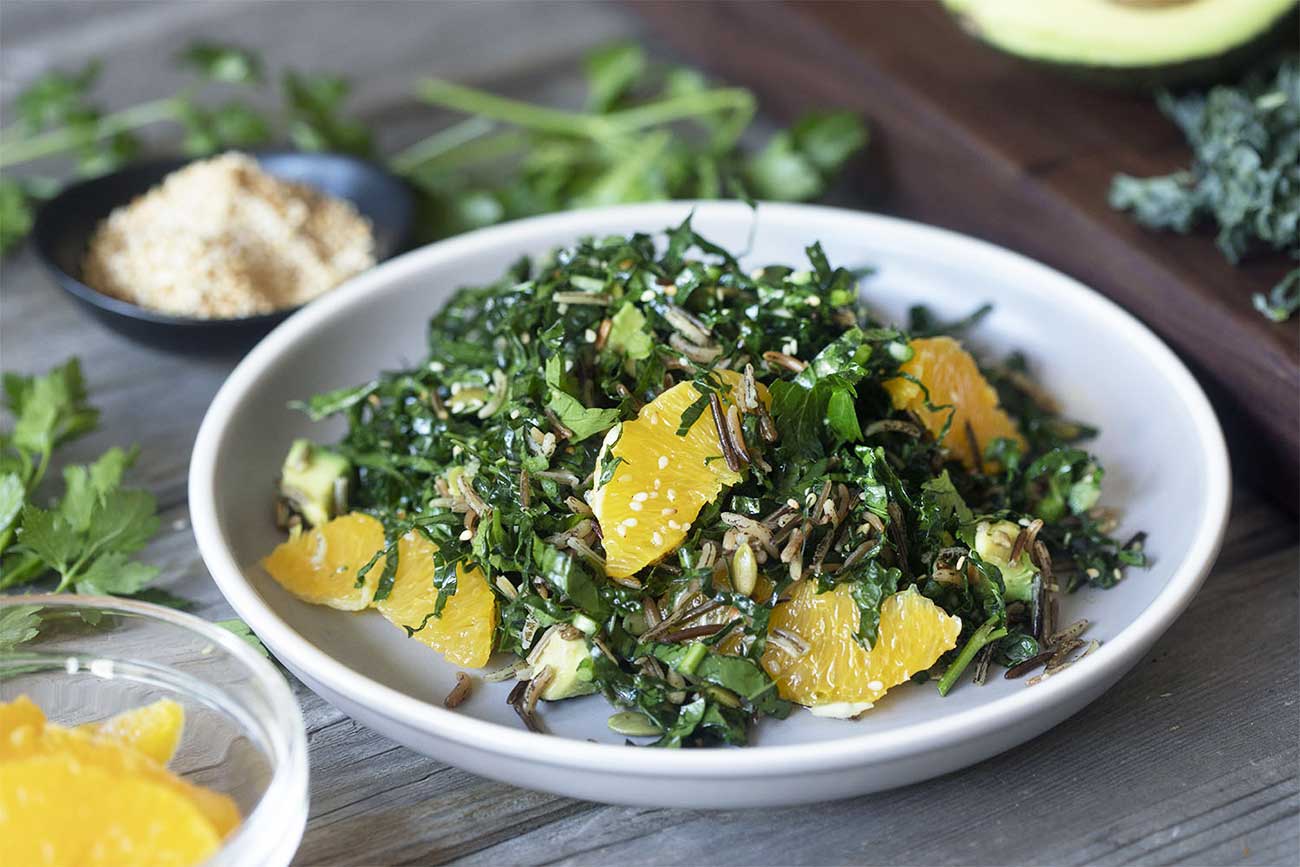

November 26, 2019
 Protein is one of the main building blocks of the body, helping us grow and repair tissue, while also helping our hormone and immune systems function properly. Important as it is, most people don’t need much protein to meet their daily requirements, in part because our bodies recycle protein very efficiently, and prefer other nutrients as fuel for exercise, especially carbohydrates. In fact, the average American eats roughly twice the protein they actually need.
Protein is one of the main building blocks of the body, helping us grow and repair tissue, while also helping our hormone and immune systems function properly. Important as it is, most people don’t need much protein to meet their daily requirements, in part because our bodies recycle protein very efficiently, and prefer other nutrients as fuel for exercise, especially carbohydrates. In fact, the average American eats roughly twice the protein they actually need.
Athletes, on the other hand, and others who work out/train regularly, often require more protein than ‘regular’ people do, in order to repair and recover properly from higher activity loads. Here are some guidelines to keep in mind.
As mentioned above, most people, including people who follow a plant-based diet, easily get more than enough protein to optimize health. The current Recommended Dietary Allowance (RDA) for protein ranges from country to country, but the US and Canada recommend:
0.8 grams of protein per kilogram of body weight.
For a 77kg/170lb person:
0.8 x 77 = approximately 62 grams/day
As also mentioned, athletes and other people who work out/train regularly often require more protein, and how much more depends on what type of sport/activity they engage in.
 Distance runners, cyclists and other endurance athletes require about 50% more protein than the average person to help them recover and perform their best. This translates to:
Distance runners, cyclists and other endurance athletes require about 50% more protein than the average person to help them recover and perform their best. This translates to:
1.2-1.4 grams of protein per kilogram of body weight.
For a 68kg/150lb person:
1.4 x 68 = as much as 95 grams/day.
Most endurance athletes naturally consume this amount, since they typically eat more calories and therefore more protein.
 Most athletes require around two times the amount of protein as “regular people”. The following range is considered more than sufficient for the majority of athletes:
Most athletes require around two times the amount of protein as “regular people”. The following range is considered more than sufficient for the majority of athletes:
1.6-1.8 grams of protein per kilogram of body weight.
For a 82kg/180lb person:
1.8 x 82 = as much as 148 grams/day.
 Strength athletes and bodybuilders seeking to make gains as quickly as possible can require twice as much or more protein than the general population:
Strength athletes and bodybuilders seeking to make gains as quickly as possible can require twice as much or more protein than the general population:
1.6-2.2 grams of protein per kilogram of body weight.
For a 100kg/220lb person:
2.2 x 100 = as much as 220 grams/day.
People who consume this much protein, whether they eat animal products or not, often rely on protein powders or supplements in order to hit these higher target numbers. And ironically, since consuming protein at the top end of the spectrum often comes at the expense of other nutrients, over-focusing on protein can actually undermine gains. For more on that, check out Gaining Muscle and Strength on a Plant-Based Diet.
As we mentioned up top, most people easily get more than enough protein to optimize health. However, if you are an athlete or work out/train regularly, keeping an eye on your intake is important, whether you eat animal foods or not. If you eat five times per day (three meals plus one afternoon snack and one evening snack), take your ideal grams/day protein recommendation, and divide it by five. You now have the average amount of protein you can aim for each time you eat. Of course you can always eat more protein at one meal or snack and less at another, since what matters most is your total daily intake. In practical terms, check out our recipes for a wide array of protein-rich meals, smoothies, and snacks.

Important Nutrients
It’s easy to get all the nutrients we need to thrive eating a plant-based diet. Plant-based diets are typically higher in quality than diets that include meat (1) and include […]
More Details
6 Ways To Get Started on a Plant-Based Diet
When it comes to making food choices, everyone has their own goals and their own rate of change. Some people cut out animal products entirely, while others start by including […]
More Details
5 Reasons Carbohydrates Are the Optimal Fuel
While the common misconception is that meat/protein is what fuels exercise, the actual energy for exercise comes mainly from the carbohydrates found in plants. We explore why carbohydrates are the […]
More Details